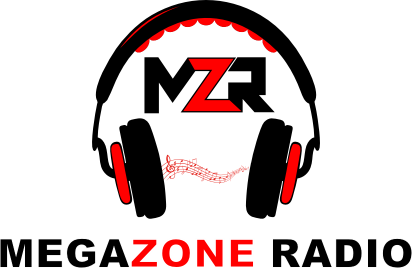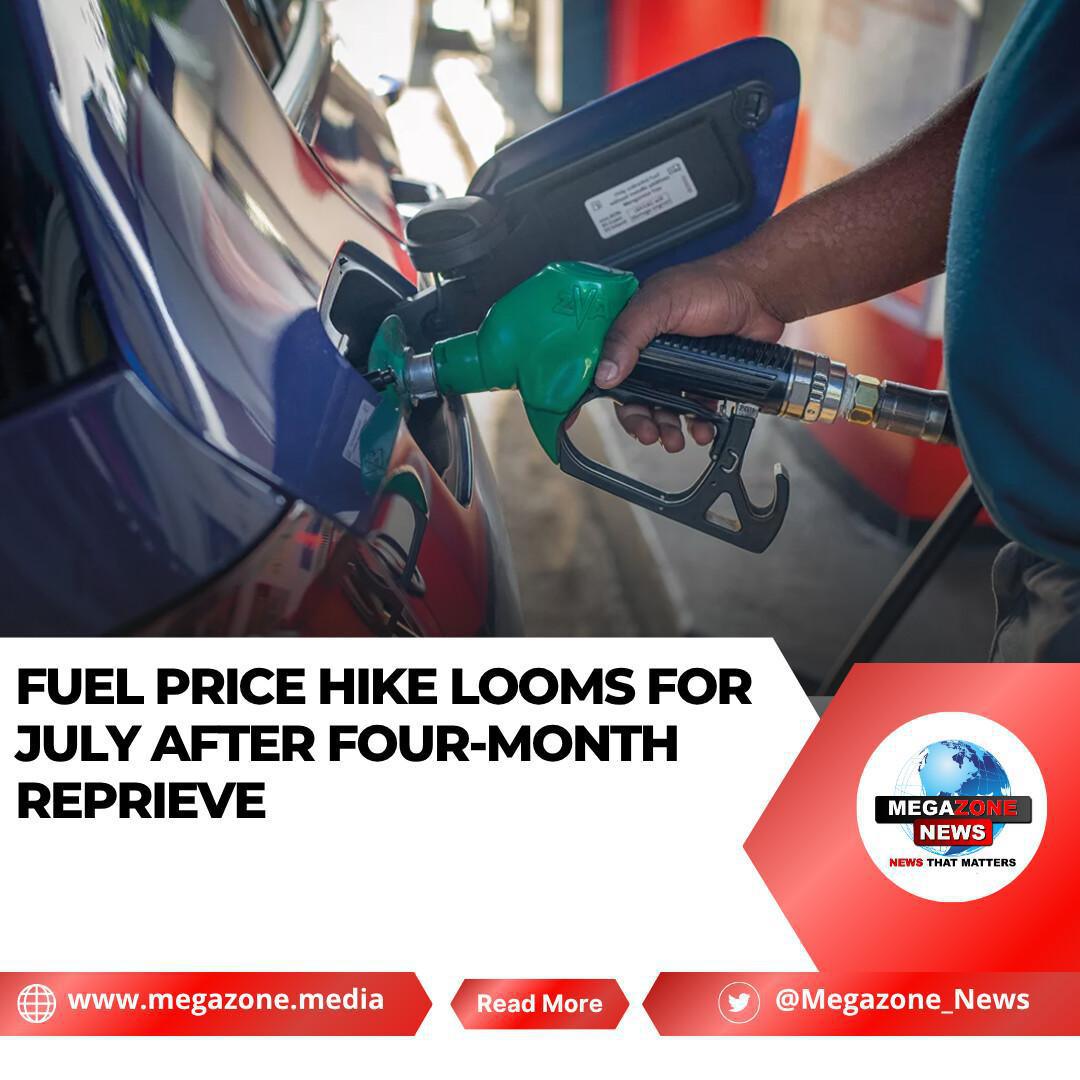South African motorists are bracing for an unwelcome fuel price hike in July, following four consecutive months of declines. The latest month-end data from the Central Energy Fund (CEF) points to increases in both petrol and diesel prices, driven primarily by a surge in international oil prices.
According to the CEF's unaudited data, 95 Unleaded petrol is expected to rise by 53 cents per litre, while 93 Unleaded could climb by 50 cents. Diesel prices are forecast to increase even more sharply, with 500ppm diesel likely to rise by 82 cents and 50ppm by 84 cents.
If these projections hold, consumers can expect to pay around R21.09 per litre for 95 Unleaded at the coast and R21.88 inland. The wholesale price of 50ppm diesel could reach R18.65 at the coast and R19.41 inland.
The official adjustment will be confirmed by the Department of Mineral Resources and Energy in the coming days.
The expected increases stem largely from higher global oil prices. Brent crude oil fluctuated significantly throughout June — peaking at $75.40 following geopolitical tensions, including reported Israeli and US attacks on Iranian nuclear sites. Although prices later dipped to around $66 amid a ceasefire, they remained high enough to result in notable under-recoveries in local fuel pricing.
These under-recoveries were partially offset by a stronger rand. Without the currency’s gains, petrol prices might have risen by as much as 68 cents per litre, and diesel by R1.
Adding to the pressure on consumers is the recent hike in fuel taxes introduced at the start of June. The general fuel levy increased by 16 cents per litre for petrol and 15 cents for diesel, pushing total fuel taxes to R6.37 per litre for petrol.
The Automobile Association (AA) has raised concerns about the rising cost of living, warning that continuously increasing fuel levies to plug budget shortfalls is unsustainable. The AA has also called for greater transparency regarding how fuel tax revenues are used.
As South Africans continue to grapple with rising food prices, interest rates, and utility costs, the looming fuel price hike threatens to place even more strain on household budgets.


